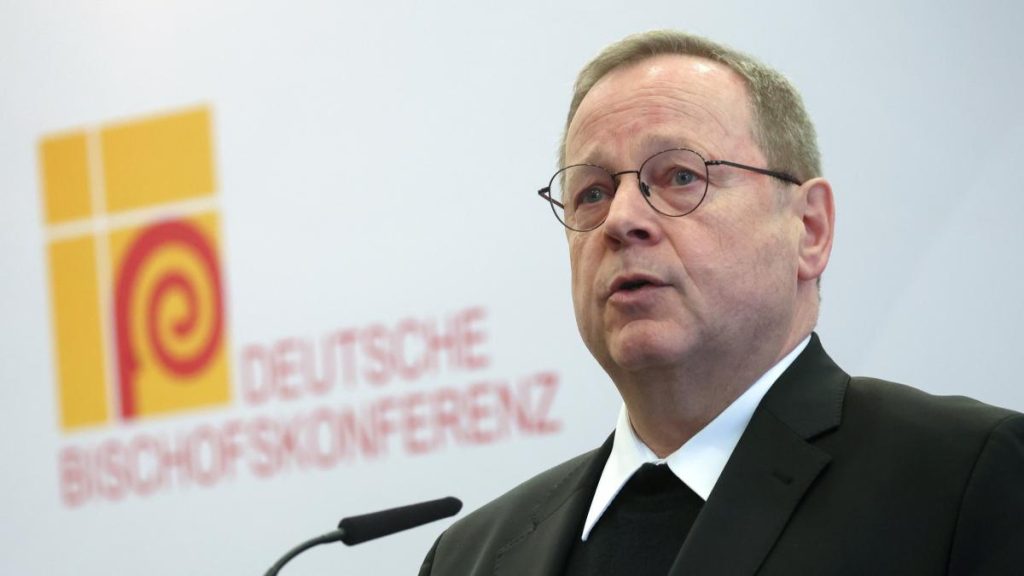Catholic bishops in Germany have taken an important step in reforming the church, albeit with a two-month delay. The Standing Council of the Bishops’ Conference has finally approved the statute of the Synodal Committee, a key reform project aimed at establishing a Synodal Council where bishops and laypeople can collaborate on decision-making. The Council’s spokesperson, Matthias Kopp, stated that progress had been made since the previous assembly, through discussions in Rome, leading up to this development. To prepare for the Synodal Council, a Synodal Committee has been established by the Bishops’ Conference and the Lay Council of the Catholic Church.
The ratification of the Committee’s statute was initially planned during the bishops’ Spring Assembly in February but was effectively blocked by a letter from three high-ranking Vatican cardinals to the Bishops’ Conference, prompting Chairman Georg Bätzing to remove the vote from the agenda. However, after discussions in Rome last month, it seems a coordinated approach has been agreed upon between the German bishops and the Curia, the central administration of the Catholic Church worldwide. The Synodal Committee’s statute has now been ratified, marking a significant step forward in the reform process within the Catholic Church in Germany.
The Synodal Council is a crucial reform initiative in the German Catholic Church, aimed at fostering collaboration between bishops and laypeople in decision-making processes. This initiative is part of broader efforts to address challenges within the Church and adapt to changing societal norms. The Synodal Committee, established to prepare for the Council, represents a collaborative effort between the Bishops’ Conference and the Central Committee of German Catholics. The eventual establishment of the Synodal Council will bring together bishops and lay representatives to discuss and decide on important issues facing the Church.
Despite initial setbacks and delays, the ratification of the Synodal Committee’s statute marks progress in the reform process within the German Catholic Church. The involvement of both bishops and laypeople in decision-making processes reflects a commitment to inclusivity within the Church and a recognition of the importance of diverse perspectives in addressing contemporary challenges. The agreement reached between the German bishops and the Curia demonstrates a willingness to work together towards common goals and decision-making processes.
The establishment of the Synodal Committee and the eventual formation of the Synodal Council represent significant steps towards reform within the German Catholic Church. These initiatives aim to promote collaboration and inclusivity in decision-making processes, reflecting a desire for a more open and participatory approach within the Church. The agreement reached between the German bishops and the Curia signals a commitment to working together towards common objectives and addressing challenges facing the Church.


